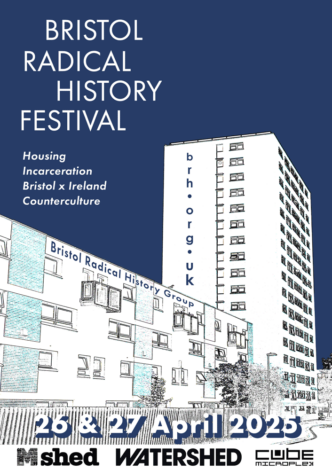‘From Prejudice and Punk to Pride’: Music, art and the culture of resistance.
A personal account of the experience of growing up gay in 1970’s Ireland ,and how gay activists and punk rock musicians (including artists like Phil Chevron along with British bands and songwriters) inspired a new generation defending and fighting for ‘a love that did not have a name'. Presented by Eoin Freeney, Punk Rocker member of Chant! Chant! Chant!, Former Gay activist, and cofounder in 1991 of ‘ Muted Cupid" Irelands first gay community theatre group.


